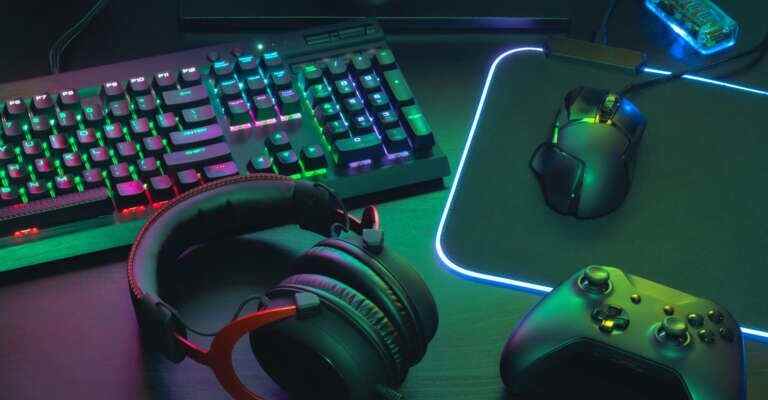With the developing technology, the crypto money ecosystem continues to add projects of different qualities to its body day by day. DeFi, NFTs, Metaverse and GameFi projects are among the most prominent projects.
The GameFi industry, on the other hand, has strong projects and play-to-earn Thanks to its (play to win) feature, it draws attention with the number of users increasing day by day.
With the growth of the GameFi industry, large investment companies are increasing the amount of funds they set aside for GameFi in order to get a share of the pie. in January FTXto be devoted to GameFi projects $2 billion created a fund; Singapore origin Crypto.com Ventures, $200 million fund to $500 million took it out.
Future of Game Industry; GameFi
GameFi, which has transformed the gaming industry, has started to be included in the Metaverse, an emerging part of the ecosystem, and continues to attract investors of all kinds thanks to NFTs and DeFi projects. This comprehensive growth indicates that the future of the gaming industry will be GameFi. One of the pioneers of the industry EA Games and Ubisoft on the other hand, meet with the idea that GameFi represents the future.
Regulatory Bells Start Ringing for GameFi
While the regulations remain unclear for the crypto ecosystem, each country’s approach to the ecosystem is different. Some governments consider cryptocurrencies to be the trend of the future, while others see it as a threat that needs to be contained. The GameFi industry, on the other hand, started to get its share of these views.
For games within the crypto ecosystem, there are laws related to monetization with tokens in Korea, Japan and China. is a Seoul-based GameFi service developer. Post Voyager‘Oleg Smagin, Senior Crypto Finance Manager at dapoints to Article 32 of Korea’s Game Industry Promotion Law as a potential statement. The article specifically prohibits the conversion of game currency into cash.
In Japan, the play-to-win model of GameFi games is considered gambling. In September, Tokyo-based law firm So & Sato said the core functions of the Axie Infinity game would be considered illegal gambling or regulated under the Japanese Fair Trade Commission’s Improper Premiums and Misleading Statements Act.
China, which has a promising market for the game industry, has the strictest stance on GameFi. Any game elements that can be exchanged for Chinese Yuan are completely prohibited. With the ban on all activities related to cryptocurrencies in the country, GameFi projects were also prevented from entering the country.
In the light of all these developments, it is a matter of curiosity what the approach to GameFi projects will be, on the one hand, the sector that represents the future of the game industry, on the other hand, is seen as a structure that can harm the economy of countries. Projects continue to develop and grow without slowing down.
